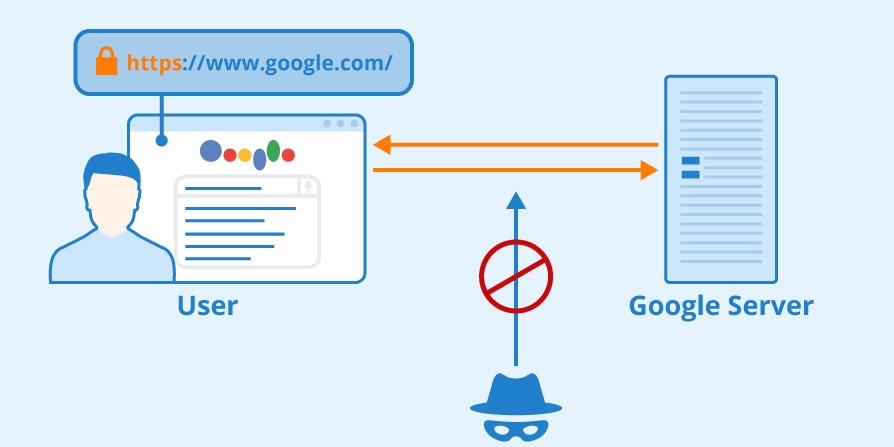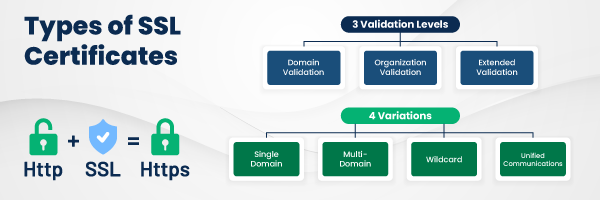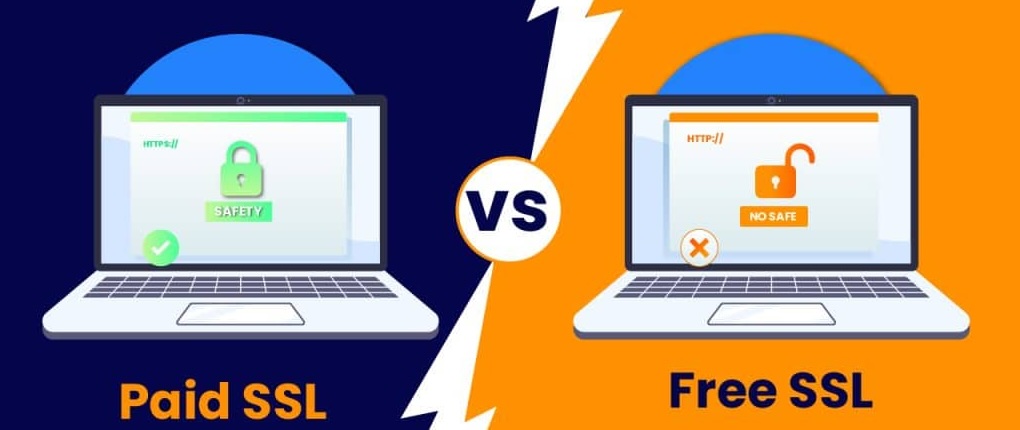As website owners, we are all concerned about the security of our web applications. To address this, we often install SSL certificates on our websites, believing it will protect us from all types of attacks. But is this truly sufficient? And how does an SSL certificate actually work?
Let’s Understand SSL
SSL, or Secure Sockets Layer, is a cryptographic protocol that establishes an encrypted connection between a web server and a client (typically a web browser). This secure channel prevents unauthorized access to the data being transmitted, protecting sensitive information such as login credentials, personal details, and financial transactions.

SSL works by using two types of encryption: public-key and symmetric-key encryption. Here’s how it works:
- When you connect to a website with SSL, the website sends its public key to your browser.
- Your browser creates a session key (a temporary secret key), encrypts it with the website’s public key, and sends it back.
- The website uses its private key to decrypt the session key.
- Now, both your browser and the website use this session key to securely exchange data.
This process ensures that the information you share stays private and protected.
The Necessity of SSL for Websites
At YouStable, we understand that SSL certificates do more than just protect sensitive information, they’re essential for building trust and boosting your website’s credibility. Search engines like Google, Bing and Yandex prioritize websites with SSL certificates in their rankings because they offer users a safer browsing experience.
Moreover, with data protection laws and regulations becoming stricter, SSL has become a must-have for websites handling personal or financial information. At YouStable, we ensure that securing your website with SSL is both simple and effective, helping you stay compliant and maintain user confidence.

SSL certificates can be broadly categorized into three types based on the level of validation:
Domain Validated (DV) Certificates: Almost 99.95% of websites available over the internet use this type of SSL Certificate on this website. These certificates ensure that the applicant has control over the domain for which the certificate is issued. The validation process for DV certificates is relatively simple and automated.
Organization Validated (OV) Certificates: In addition to domain control, OV certificates verify the legal identity of the organization or individual requesting the certificate. This validation process involves manual checks and requires submitting additional documentation.
Extended Validation (EV) Certificates: EV certificates provide the highest level of validation, ensuring that the requesting organization has been thoroughly vetted and meets strict identity verification standards. These certificates display the organization’s name in the browser address bar, enhancing trust and credibility.
Free vs Paid SSL Certificates

Companies like Let’s Encrypt, offer free SSL certificates to website owners. These certificates are typically Domain Validated (DV) and are an excellent choice for small websites, blogs, and personal projects with limited budgets.
The choice between a free and paid SSL certificate should be based on your individual needs, taking into consideration factors such as the type of website, desired level of security, and available budget.
While free SSL certificates offer a cost-effective solution for basic encryption, paid SSL certificates provide additional benefits, including extended validation, warranty coverage, and dedicated customer support.
| FEATURES | FREE SSL | PAID SSL |
| Validation Types | Only Domain Validation (DV) | DV, OV and EV Validations |
| Charges | FREE | Starts at $2.99 |
| Warranty and Protection | Limited or None | Typically included, with varying coverage amounts |
| Customer Support | Community forums, documentation | Dedicated customer support channels |
| Validity Period | 90 Days or 1 year max | 90 Days or 1-year max |
| Renewal and Management | Manual Renewal* | Automated |
| Suitable for | Small websites, blogs, personal projects | Businesses, e-commerce platforms, high-traffic websites |
In today’s online world, having an SSL certificate for your website isn’t optional—it’s a must. Whether you go for a free or paid SSL, it’s important to add encryption to your site. This helps keep sensitive information safe, builds trust with your users, and ensures you follow data protection rules.